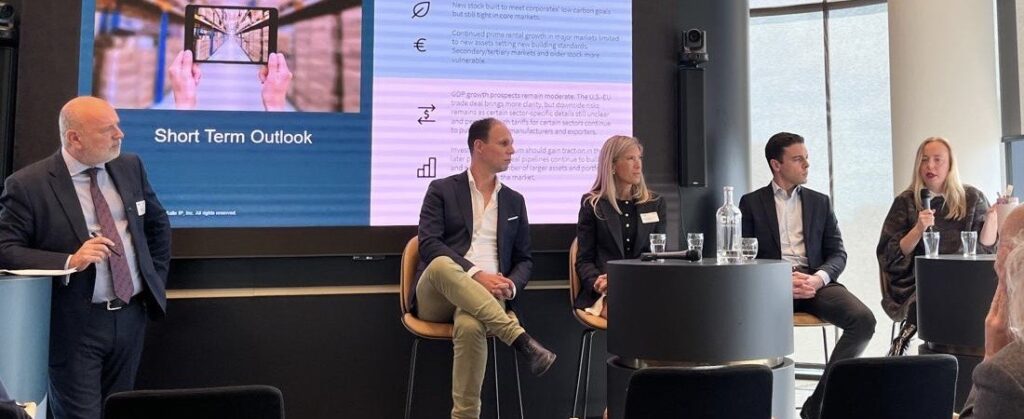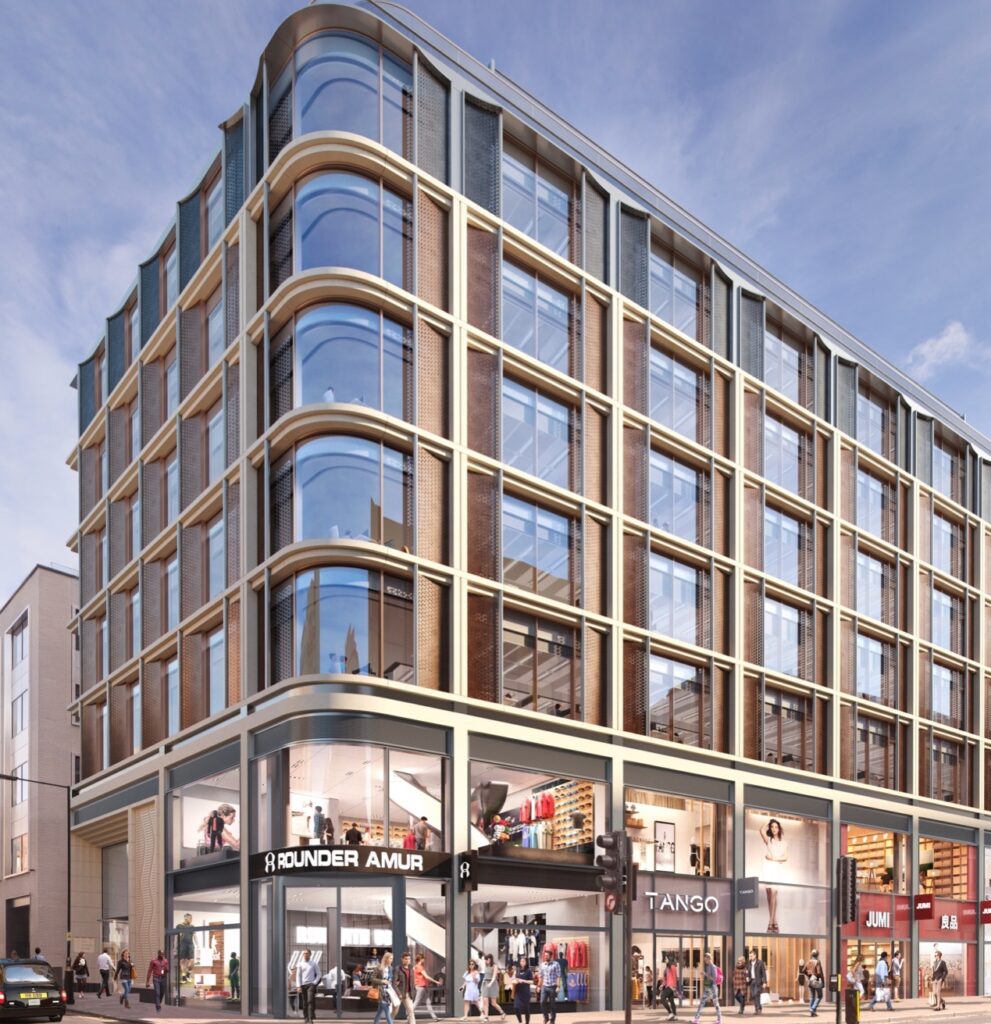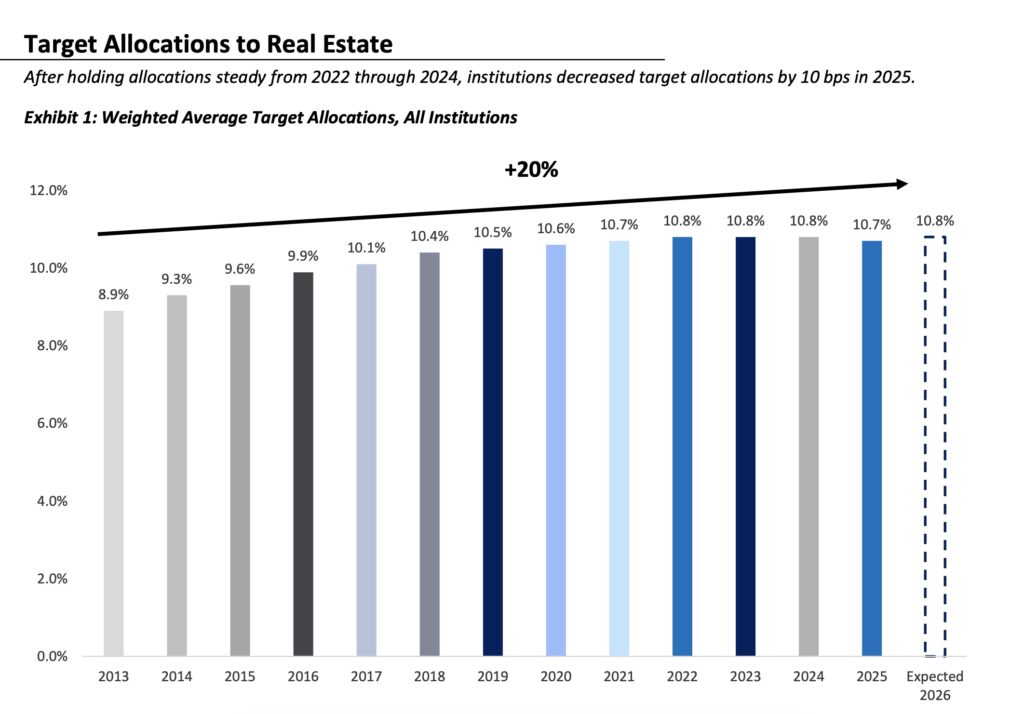The race for space intensifies in the Dutch logistics market
The race for space is becoming even more competitive in the Dutch logistics market, experts agreed at the European Investment Outlook: Netherlands briefing, organised by Real Asset Media, which took place recently at the offices of CMS in Amsterdam.

“Lack of supply is the key issue, because it is so incredibly difficult to build in the Netherlands”, said Eva van der Pluijm-Kok, Director, Head of European research & strategy, Prologis. “The rental outlook is good because supply is so constrained.”
The development pipeline has dried up, there is strong political resistance to greenfield developments and building permits, when they are granted at all, take years to come through.
“The sector still has momentum and competition for land will increase, especially in urban locations”, said Sven Bertens, Head of Research & Strategy, JLL Netherlands. “Over the long-term rents will continue to go up because of the shortage of supply.”
Foreign investors seem undeterred by the challenges in finding space and are actively looking in the Dutch market, especially in prime locations.
“The Netherlands is still top of the list for logistics”, said Ethan van Embden, Director, Hines. “It is a gateway to the rest of Europe, close to Germany and with good ports and infrastructure. Rental growth in the top locations makes is attractive for investors, compared to other European countries. We are in buying mode.”
Established investors are looking for more space, focusing on brownfield development, while new entrants are seeking to get a foothold in the market.
“We are seeing large Asian companies wanting to develop locations to enter the European market”, said Dominique Kouwenhoven-Schillings, Co-head Transactions, Head of Asset Management, Aberdeen Investments. “There is still a lot of capital out there, including from family offices. It is surprising how much appetite there is for off-market deals as well.”
Competition is increasing not just because more companies are looking for space, but also because there will be more demand for industrial and logistics assets as some sectors, like the defence industry, expand to meet new Nato spending targets.
“The increase in defence spending will change the logistics landscape”, said Bertens. “There will be even more competition for what is already very limited space.”
As expanding is difficult given supply constraints, companies are focusing on optimizing the space they have, turning to electrification and automation. “It is a sign that the market has matured”, said Kouwenhoven-Schillings.
The supply/demand imbalance is unlikely to change any time soon, experts agreed. “Logistics remains attractive because of supply barriers”, said van der Pluijm-Kok. “You have to opt for redevelopment, which is super interesting and delivers attractive returns, because the Netherlands is the most difficult place to build in Europe.”



